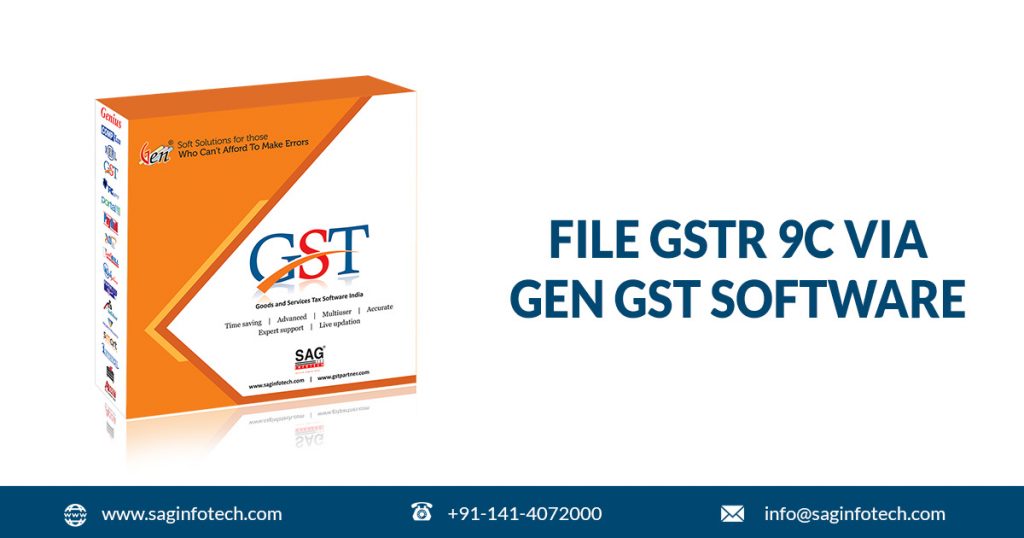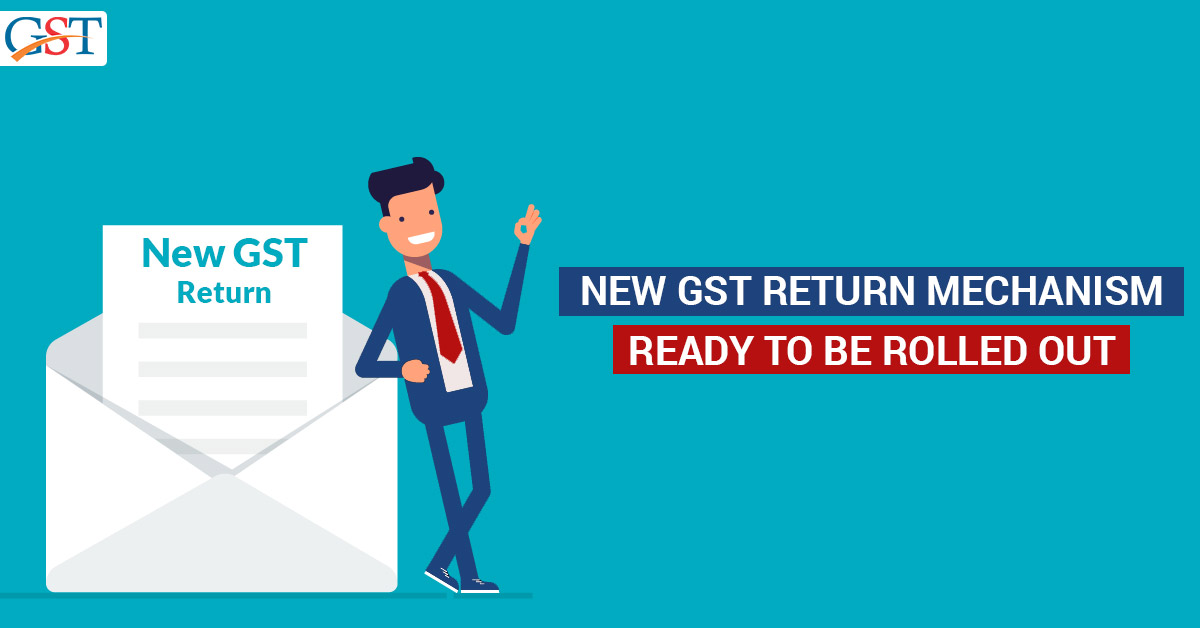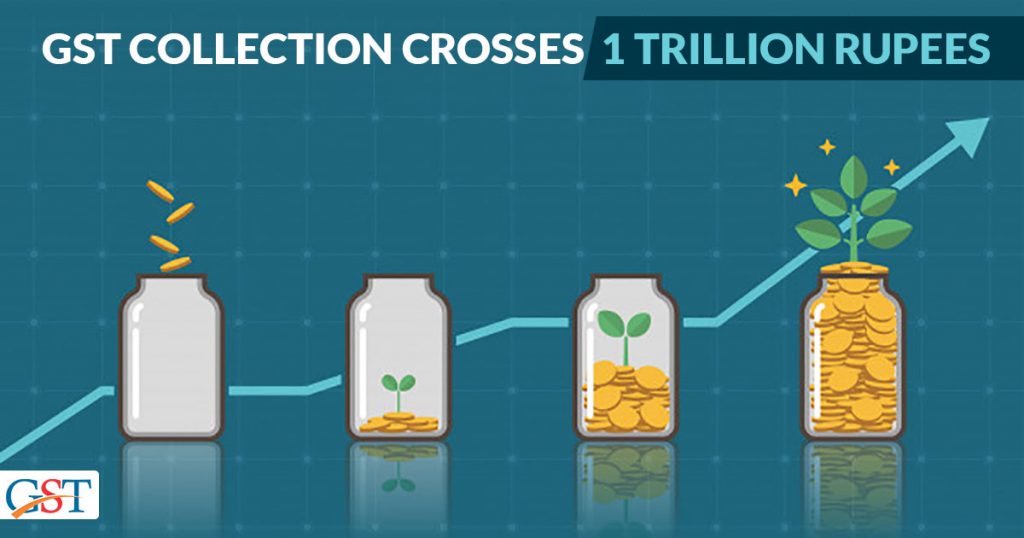
Central GST authorities have started ordering the businesses to come up with a bunch of dozen important documents like various GST returns (GSTRs), copies of the annual report, GST registration certificate, Income Tax returns, tax and internal audits, reports of cost, cash ledger and work orders, etc. Central GST authorities are collecting these records pertaining to FY17-18, the year that marked the beginning of GST regime, for a more detailed examination followed by an inimical approach against suspected tax escape.
However, many tax experts call it an irrational move as many records asked by the central GST department are already available with them. Bipin Sapra, the partner at EY, also said that the department has ordered GST audits despite the availability of GSTR 9C reconciliations 
He told IANS, “The audit should be based on queries if any on the basis of returns already filed. The information sought is elaborate and is available with the authorities. Given that most big units have multi-state registrations, it will be an epic task to get the audit done in all the states for each year. There needs to be a centralised audit of these records to avoid undue hardship and promote ease of doing business in India.”
As the government is pressing the field officers to meet the GST collection targets, they are laying stress on preventing GST leakage & dodging. This week, a meeting was also held by the Revenue Department to bring together the heads of State and Centre-level GST officials to fix the loopholes in the GST mechanism 
Government has completely turned its attention to barricade the tax-evasion through stringent anti-evasion measures in a scenario when most of the states are not vouching for government’s idea to increase the GST rate that would increase the government revenue from GST collection.
E-invoicing is also a tax-evasion measure that will come into effect for some categories of business from the month of April, this year to bring more transparency through digitalisation in the system.
According to a tax advisor, tax-evasion is not the sole reason behind lower GST collection 
According to him, the GST collection can not be boosted by sending notices which were done in the wake of the directions issued by the Commissionerate and CBIC to the field officers for making all possible efforts for GST scrutiny. GST collection can be increased with an increase in GDP growth and consumption level.








